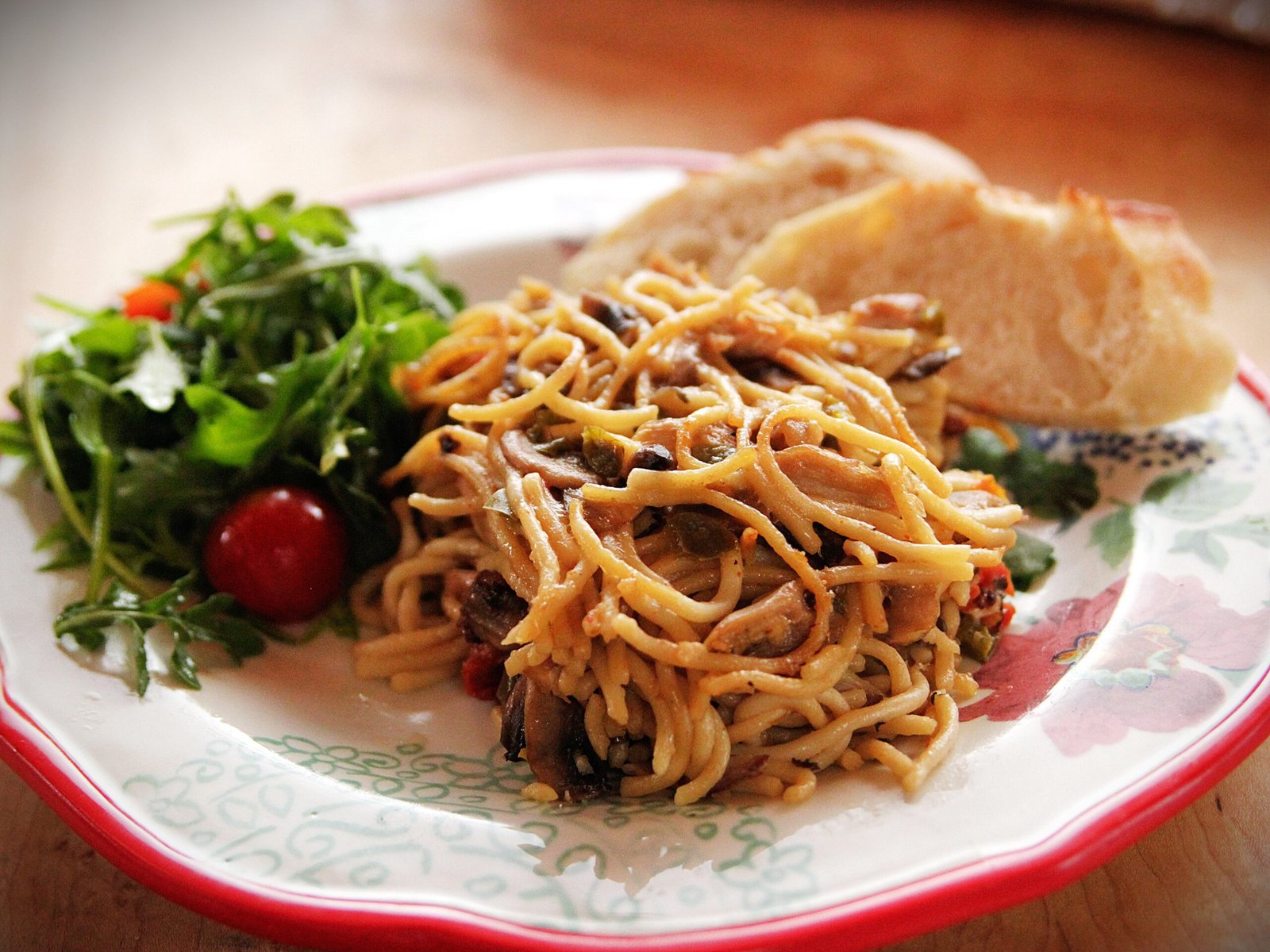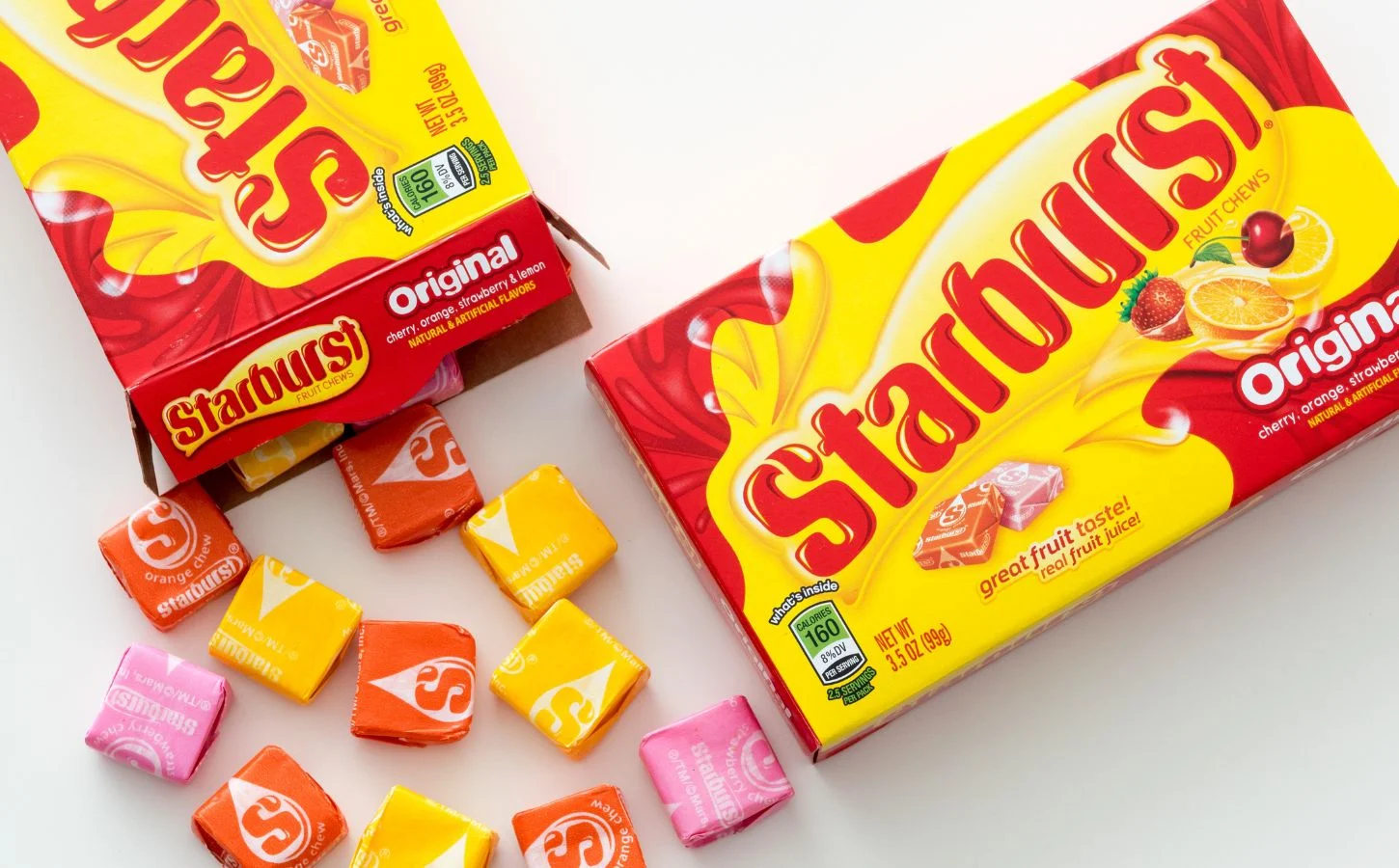Does Creatine Break a Fast? The Truth About Creatine and Intermittent Fasting

Introduction
In the world of fitness, nutrition, and biohacking, intermittent fasting (IF) has carved out a significant place. Whether it’s for fat loss, metabolic health, autophagy, or mental clarity, fasting is a tool embraced by millions worldwide. Alongside it, creatine continues to dominate the supplement world as one of the most studied and effective compounds for athletic performance and muscle growth.
But when these two powerful practices intersect, questions arise—most notably: Does creatine break a fast?
It’s a question rooted in both biology and semantics, with implications for those trying to optimize both their physique and their health. In this comprehensive guide, we’ll break down what fasting truly means, how creatine behaves in the body, and whether taking creatine during your fasting window derails your efforts.
Understanding Fasting: What Does It Mean to “Break” a Fast?

Some time recently we reply the question—does creatine break a fast—we require to characterize what “breaking a fast” really involves. There are distinctive translations depending on the objective of your quick. Here are the essential reasons individuals quick, each with a somewhat diverse basis:
1. Fasting for Weight Loss or Fat Burn
If your goal is caloric restriction and to maintain fat-burning (lipolysis), then anything with calories or that spikes insulin may break your fast.
2. Fasting for Autophagy and Cellular Repair
If you’re fasting to stimulate autophagy—the body’s internal process of cellular cleanup—then certain amino acids, protein, or insulin responses may interfere with this process.
3. Fasting for Blood Sugar or Insulin Control
If your goal is to keep blood glucose and insulin low and stable, then even small insulin-spiking compounds can “break” your fast.
4. Fasting for Mental Clarity and Ketosis
Fasting often enhances mental focus by promoting ketone production. Anything that disrupts ketone generation could be considered a fast breaker.
So, when we ask does creatine break a fast, we must frame it within the purpose of the fast.
What Is Creatine? A Quick Primer
Creatine is a normally happening compound found in little sums in meat and angle, and synthesized by the liver, kidneys, and pancreas.It is stored in your muscles as phosphocreatine, which helps regenerate ATP—the body’s energy currency—during high-intensity effort.
Key Properties of Creatine:
- Non-caloric: Creatine contains zero calories.
- Non-insulinogenic: It does not spike insulin levels significantly.
- No direct impact on blood glucose
- No protein or carbohydrate content
- No effect on digestive hormone secretion
Given this biochemical profile, let’s analyze its role in various fasting contexts.

Does Creatine Break a Fast for Fat Loss?
If your fasting is geared toward caloric restriction or fat loss, the short answer is:
No, creatine does not break a quick for fat-burning purposes.
It has no calories, doesn’t disturb affront, and won’t meddled with ketosis. You can take creatine amid your fasting window and still keep up a fat-burning state.
However, some flavored creatine products or creatine blends may contain sugars or fillers—those might break a fast, so always check the label.
Does Creatine Break a Fast for Autophagy?
This is where the answer becomes more nuanced.
Autophagy is a complex cellular process that kicks in after periods of nutrient deprivation. While creatine does not contain calories or protein, some researchers believe that any nutrient signaling, even in the form of amino acid precursors or compounds that interact with mTOR (a cellular growth pathway), could theoretically blunt autophagy.
So:
- Pure creatine monohydrate likely has minimal impact on autophagy.
- It does not contain leucine, protein, or glucose—which are the real suppressors of autophagy.
- If you’re doing long-term fasts specifically to enhance autophagy (e.g., 24–72 hours), you may want to avoid supplements altogether, just to be safe.
For daily 16:8 or 18:6 intermittent fasting schedules focused on metabolic health, creatine is unlikely to pose a problem.
Does Creatine Affect Insulin or Blood Sugar?
Here’s the good news: studies consistently show that creatine supplementation does not significantly raise insulin or blood sugar levels in healthy individuals.
In fact, some evidence even suggests creatine may improve insulin sensitivity when combined with exercise, particularly in people with Type 2 diabetes.
So if you’re fasting for insulin regulation, creatine does not break your fast.
Does Creatine Affect Ketosis or Mental Clarity During a Fast?
Nope. Since creatine doesn’t contain carbohydrates or raise insulin, it does not impact ketosis.
Many people report enhanced cognitive performance while fasting, thanks to increased brain-derived neurotrophic factor (BDNF) and ketone production. Since creatine supports ATP production in the brain, it might actually enhance mental clarity, especially in vegetarians and vegans who have lower natural creatine stores.
In short: if you fast for mental focus, creatine is compatible with your goals.
When Is the Best Time to Take Creatine Whereas Fasting?
While creatine timing is adaptable, here are three common procedures depending on your objectives:
1. During Your Fasting Window
- Pros: Doesn’t break your fast, easy to remember, convenient.
- Best for: Weight loss, mental clarity, morning workouts.
2. With Your First Meal (Post-Fast)
- Pros: Enhanced absorption with insulin from carbs/protein.
- Best for: Muscle building, maximizing uptake.
3. Post-Workout (if training fasted)
- Pros: May support ATP recovery and reduce muscle soreness.
- Consider pairing with electrolytes or your first meal.
What Kind of Creatine Ought to You Take Whereas Fasting?
To remain genuine to your quick, maintain a strategic distance from creatine items that contain:
- Sugars (e.g., dextrose, sucralose)
- Flavoring agents with calories
- Protein blends or added amino acids
The best option is pure creatine monohydrate—unflavored, single-ingredient, micronized powder. Mix it with water or black coffee (if you tolerate it).
Potential Benefits of Taking Creatine While Fasting
Combining creatine supplementation with intermittent fasting can unlock unique benefits:
1. Improved Workout Performance (Even in a Fasted State)
Creatine helps regenerate ATP for short bursts of energy, allowing better performance in resistance training, even without a pre-workout meal.
2. Enhanced Muscle Retention During Caloric Deficits
Fasting often leads to weight loss that includes some lean mass. Creatine helps preserve muscle by improving cellular hydration and protein synthesis.
3. Cognitive Boost
Fasting improves clarity, and creatine underpins brain vitality digestion system. This matching is particularly accommodating amid strongly work or consider periods.
What the Science Says: Studies and Perspectives
- A 2020 review published in Nutrients found no significant metabolic disruption from creatine supplementation in healthy individuals, even during fasting protocols.
- Another 2018 study in Journal of the International Society of Sports Nutrition showed that creatine monohydrate improved lean mass retention during caloric restriction without affecting fasting markers.
- Anecdotal evidence from fitness and biohacking communities (e.g., Reddit, Bodybuilding.com forums) generally supports that creatine does not break a fast, though some users report bloating or GI discomfort when taken on an empty stomach.
Common Myths About Creatine and Fasting
Let’s debunk a few:
- ❌ Creatine is a protein.
→ False. It’s a compound made of amino acids but isn’t a complete protein or calorie source. - ❌ Creatine spikes insulin.
→ False. Creatine doesn’t trigger a noticeable insulin response. - ❌ You need carbs for creatine to work.
→ False. While insulin can enhance creatine uptake, it still works without carbs.
Conclusion: Does Creatine Break a Fast?
In most cases, NO. Creatine does not break a fast.
For the vast majority of fasting goals—fat loss, insulin control, mental clarity, muscle retention—creatine is a safe and compatible supplement during your fasting window.
The only exception might be prolonged fasts focused purely on autophagy, where it’s wise to avoid all non-essential compounds. But even then, the effect of creatine is likely minimal and largely theoretical.
To maximize benefits, choose pure creatine monohydrate, avoid flavored versions, and monitor how your body reacts. Taken smartly, creatine and fasting can be a powerful combo for performance, health, and longevity.






